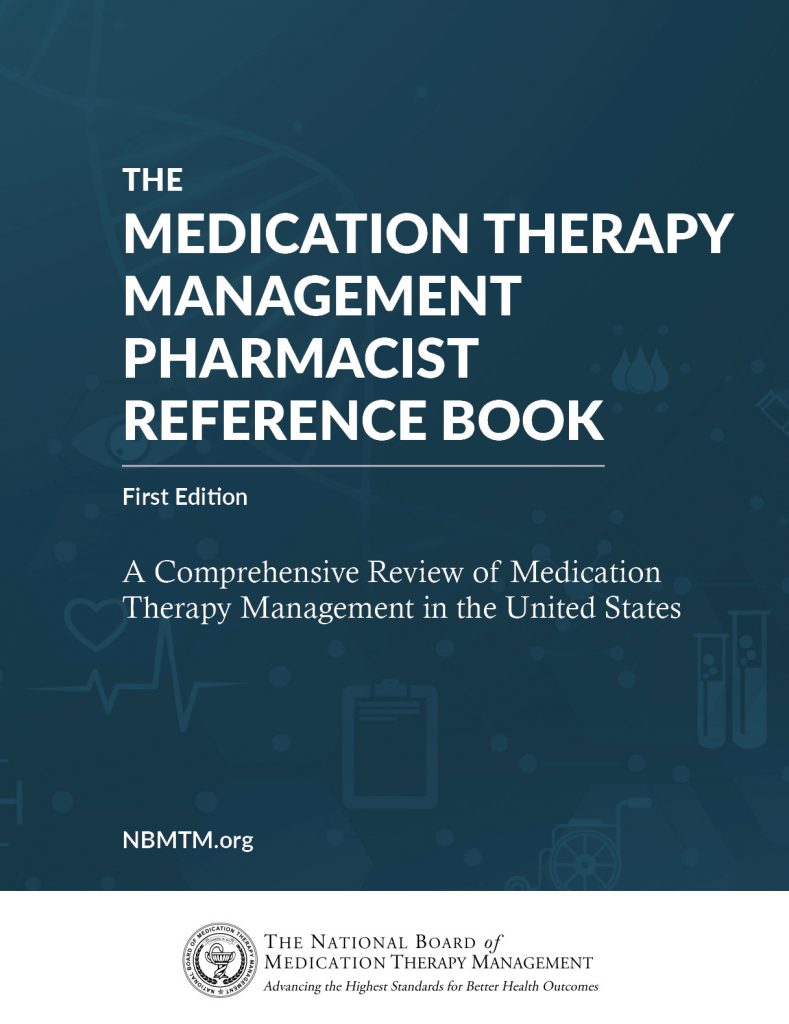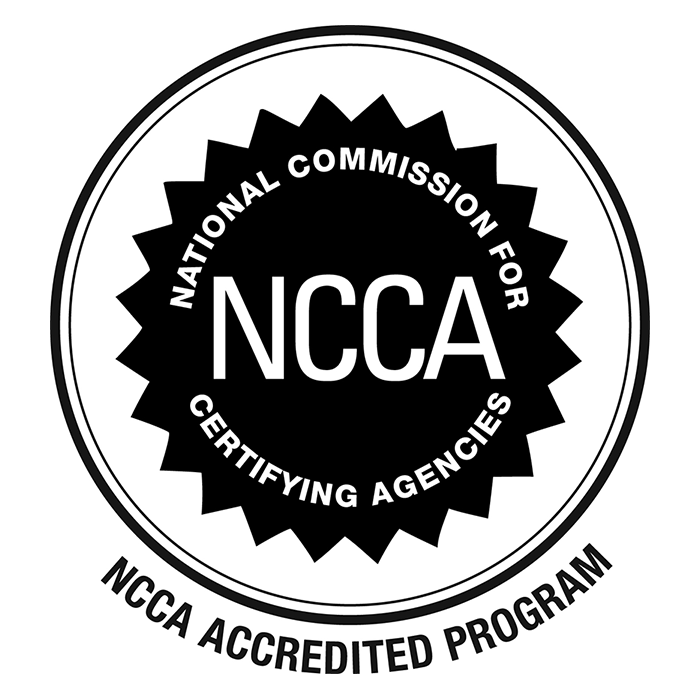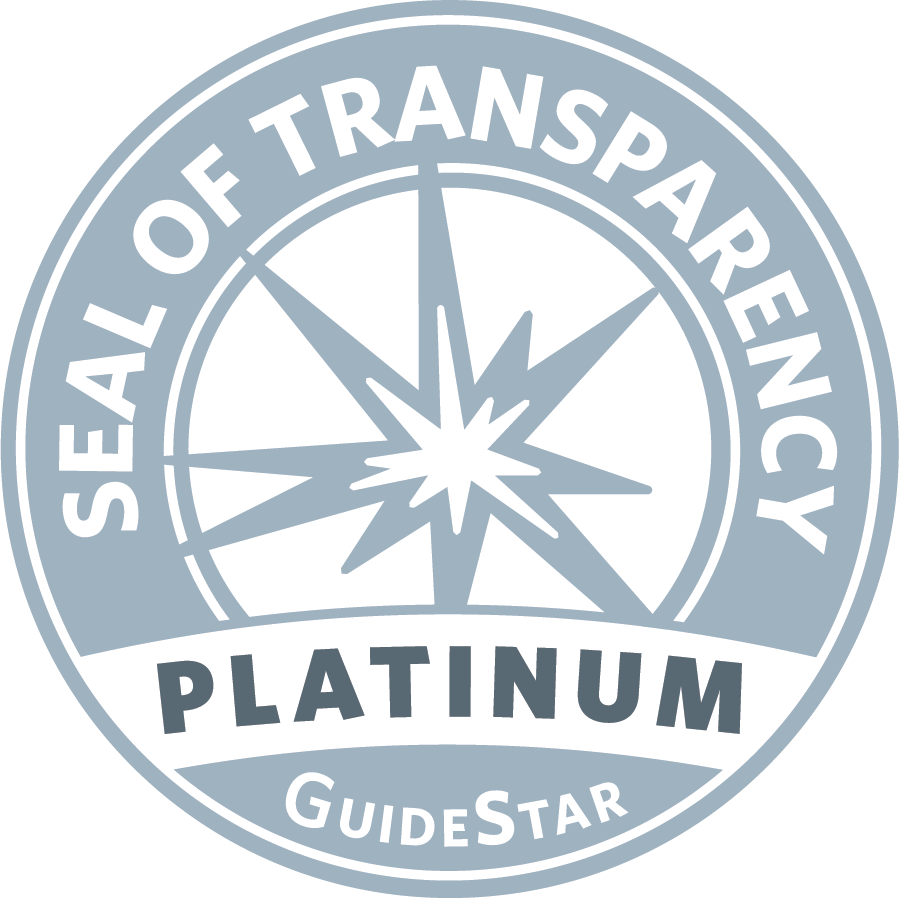
Chapter 7: State Medicaid Requirements for CMRs and TMRs
State Medicaid programs are designed to provide healthcare coverage for less fortunate Americans, including low-income adults, children, pregnant women, elderly adults, and those with disabilities. Despite the broad changes the MMA had on MTM coverage for Part D sponsors, the MMA did not mandate that state Medicaid programs must offer MTM services to members of their programs. Therefore, the coverage level varies significantly by state, and most states have not adopted MTM requirements. Note that states may have a State Medicaid or Medicaid Plan Sponsors that pay for MTM services even if they do not require them.
Colorado
Effective July 1, 2007, Colorado House Bill 07-1021 created a prescription drug MTM program for Medicaid enrollees. Potential participants are selected from a pool of enrollees who use multiple prescription drugs and who are at risk of complications. The text of the bill reads:
There is hereby created the prescription drug information and technical assistance program. The program shall provide advice on the prudent use of prescription drugs to persons who receive prescription drug benefits pursuant to this part 5. The state department shall contract with licensed pharmacists for statewide Medicaid pharmacy services and pharmacy consultations for persons receiving prescription drug benefits pursuant to this part 5 regarding how each person may, with the approval of the appropriate prescribing health care provider, avoid dangerous drug interactions, improve patient outcomes, and save the state money for the drugs prescribed. The state department shall promulgate rules to establish and administer the program and to provide incentive payments to pharmacists and physicians who participate in the program. The state department shall design a calculation for savings under the program.
Florida
In 2011, Florida established the following language in F.S. 409.912 (37)(a)(11):
The agency shall implement a Medicaid prescription drug management system.
- The agency may contract with a vendor that has experience in operating prescription drug management systems in order to implement this system. Any management system that is implemented in accordance with this subparagraph must rely on cooperation between physicians and pharmacists to determine appropriate practice patterns and clinical guidelines to improve the prescribing, dispensing, and use of drugs in the Medicaid program. The agency may seek federal waivers to implement this program.
- The drug management system must be designed to improve the quality of care and prescribing practices based on best practice guidelines, improve patient adherence to medication plans, reduce clinical risk, and lower prescribed drug costs and the rate of inappropriate spending on Medicaid prescription drugs. The program must:
- Provide for the adoption of best practice guidelines for the prescribing and use of drugs in the Medicaid program, including translating best practice guidelines into practice; reviewing prescriber patterns and comparing them to indicators that are based on national standards and practice patterns of clinical peers in their community, state, and nation; and determine deviations from best practice guidelines.
- Implement processes for providing feedback to and educating prescribers using best practice educational materials and peer-to-peer consultation.
- Assess Medicaid recipients who are outliers in their use of a single or multiple prescription drugs with regard to the numbers and types of drugs taken, drug dosages, combination drug therapies, and other indicators of improper use of prescription drugs.
- Alert prescribers to recipients who fail to refill prescriptions in a timely fashion, are prescribed multiple drugs that may be redundant or contraindicated, or may have other potential medication problems.
Louisiana
Louisiana implemented requirements in 2011 under § 46:153.3.1:
- “Medicaid medication therapy management” may include the review or modification of medication therapy regimens of patients by a licensed pharmacist, in collaboration with a primary health care provider, and may include the provision of the following services to optimize the therapeutic outcomes of a patient’s medication:
- Conducting a medication therapy review with the patient to identify, resolve, and prevent medication-related problems, including adverse drug events.
- Working with the patient to develop a personal medication record that contains all prescribed and nonprescription drugs, herbal products, and dietary supplements taken by the patients.
- Working with the patient to develop a medication-related action plan for the patient to use in collaborative medication self-management.
- Providing consultative services for the patient, intervening to address medication-related issues, and when the pharmacist believes it will be beneficial to the patient’s health, referring the patient to his regular health care provider for evaluation and additional referrals.
- Performing all necessary follow-up medication therapy management services for the maintenance and support of the patient, as recommended by the primary health care provider or specialist.
- Maintaining all necessary documentation, including the following and any other records required for compliance with state and federal laws and regulations requiring maintenance of patient records:
- Patient demographics and basic identifying information.
- Pertinent patient-reported subjective information.
- Objective observations regarding known allergies, diseases, conditions, laboratory results, vital signs, diagnostic signs, physical examination results, and a review of internal systems.
- An assessment of medication-related problems.
- A care plan.
- Any collaborative communications with the primary health care provider and other health care professionals.
- Patient-centric lists of actions to be followed to track progress is medication self-management.
- Any relevant transition plan or scheduling of follow-up visits.
- Billing information including level of patient care, level of complexity, and charges.
- “Medication therapy review” may include the following:
- . Interviewing the patient to gather data, including demographic information, general health and activity status, medical history, medication history, immunization history and to collect the patient’s personal assessment about his disease or condition and medication use.
- In collaboration with a health care provider, performing necessary clinical assessments of the patient’s health status, including current or previous diseases or conditions.
- Assessing patient values, preferences, quality of life, goals of therapy, cultural issues, education level, language barriers, literacy level, and other characteristics affecting the patient’s communication skills that could affect patient outcomes.
- Assessing, identifying, prioritizing, and developing a plan for resolving medication-related problems related to the clinical appropriateness of each medication, the appropriateness of the dosage of each medication, including considerations of indications, contraindications, and potential adverse effects, adherence to regimen, untreated diseases or conditions, medication costs, and provider access considerations.
- Providing education and training on the appropriate use of medications and monitoring devices.
- Coaching patients to manage their own medications.
- Evaluating the patient’s ability to detect symptoms that could be attributed to adverse reactions or interactions from medications.
- Interpreting, monitoring, and assessing a patient’s laboratory results as ordered by the health care provider.
- Monitoring and evaluating the patient’s responses to his medication therapies, including the safety and effectiveness of those therapies.
- Communicating appropriate information to the primary health care provider or other health care professionals, including consultation on the selection of medications, suggestions to address identified medication problems, updates on the patient’s progress, and recommended follow-up care.
- The Department of Health and Hospitals shall consider implementing a medication therapy management program which may provide certain medication therapy management services to qualified Medicaid recipients.
- The department shall consider the following provisions when analyzing whether to implement a Medicaid medication therapy management program:
- Eligibility of patients to receive medication therapy management services under the program, using standards such as minimum number of medications, multiple chronic medical conditions, and likelihood of incurring high drug costs.
- Requirements for pharmacists to receive reimbursement for medication therapy management services, which may include at a minimum that:
- The pharmacist providing the services shall hold a valid and current license issued by the Louisiana Board of Pharmacy.
- The pharmacist shall currently practice in a community pharmacy, ambulatory, long-term, or home health care setting.
- The pharmacist shall develop a structured patient care process.
- The pharmacist shall maintain appropriate documentation that meets the department’s requirements for outcomes analysis and patient care.
- Amount of reimbursement to pharmacists for the provision of medication therapy management services.
- Requirements for patient meeting criteria.
- Provisions for referrals and coordination with primary care providers.
- Limitations on the provision of medication therapy management services.
- Nothing in this Section shall be construed to give pharmacists who are performing medication therapy management services the authority to write prescriptions or change, alter, or adjust prescription medication without the order of a physician, exercise independent medical judgment, diagnose, request laboratory tests, provide patient care independently, or otherwise engage in the practice of medicine.
- The department may promulgate and publish rules and regulations pursuant to this Section in accordance with the Administrative Procedure Act if the department elects to implement a Medicaid medication therapy management program.
Michigan
Michigan’s Medicaid program, the Medical Services Administration, has implemented extensive rules and requirements for MTM services for their plan enrollees. The full requirements are in the bulletin MSA 17-09, which includes subsections detailing covered services, non-covered services, eligible recipients, location requirements, telepractice for MTM services, documentation requirements, and billing instructions. The full text is available at the following URL (https://www.michigan.gov/documents/mdhhs/MSA_17-09_552843_7.pdf).
Minnesota
In Minnesota, Medicaid patients are eligible to receive Medication Therapy Management Services (MTMS) if they are an outpatient, not eligible for Medicare Part D, and are taking a prescription medication to treat or prevent one or more chronic conditions. The MTMS program may include several elements of an MTM program, including face-to-face or telehealth consultations, as well as education and care coordination. The extensive requirements can be found at the following URL (https://www.dhs.state.mn.us/main/idcplg?IdcService=GET_DYNAMIC_CONVERSION &RevisionSelection Method=LatestReleased &dDocName=dhs16_136889#er).
North Dakota
In 2015, the North Dakota Century Code (N.D.C.C) Section 50-06-40 established requirements for a state Medicaid program:
- The department shall establish a medication therapy management program available to Medicaid-eligible individuals in the medical and hospital benefits coverage group. The purpose of the medication therapy management program is to coordinate health care and improve the health of individuals in the identified health populations and to manage health care expenditures.
- The department may involve physicians, pharmacists, and other health professionals in the program. Any physicians, pharmacists, and other health professionals who provide face-to-face or telephonic medication therapy management services to covered individuals in the identified health population are entitled to reimbursement.
- The department may request the assistance of the North Dakota pharmacists association or a specified delegate to implement a formalized medication therapy program. This program must facilitate enrollment procedures, provide standards of care, enable consistent documentation of clinical and economic outcomes, and structure an outcomes reporting system.
Tennessee
Tennessee Medicaid has a Medication Therapy Management Pilot Program. The requirements are:
- Medication Therapy Management (MTM)
- Medication therapy management (MTM) program is defined as distinct service or group of services which optimizes therapeutic outcomes for individual TennCare members. MTM services include medication reviews, pharmacotherapy consult, anticoagulation management, immunizations, health and wellness programs and many other clinical services.
- Pharmacists provide MTM services to help TennCare members get the best benefits from their medications by managing drug therapy and by identifying, preventing, and resolving medication-related problems.
- Pharmacist Participation in MTM in Medicaid Pilot Program
- The pilot authorizes qualified Tennessee-licensed pharmacists to provide MTM services to eligible TennCare members under a collaborative practice agreement (CPA) with TennCare Patient Centered Medical Homes (PCMH) and Health Link (THL) organizations.
- Minimum Requirements:
- Pharmacist must have a valid Tennessee License
- Pharmacist must apply to and obtain a Tennessee Medicaid ID
- A written collaborative practice agreement (CPA) is required between the PCMH/THL and pharmacist.
- Must have a Managed Care Organizations (MCO) Network and Credentialing agreement
- Care Coordination Tool (CCT) Training
- Insurance Requirements
- Pharmacist should contact their malpractice Insurance to see if they have appropriate coverage.
- Professional Liability
- At all times during the term of this Agreement, Pharmacist shall maintain professional liability insurance as is necessary to adequately protect TennCare Members and TennCare under this Agreement, including maintaining such tail or prior acts coverage necessary to avoid any gap in coverage for claims arising from incidents occurring during the term of this Agreement. Such insurance shall
- be obtained from a carrier authorized to conduct business in the jurisdiction in which Pharmacist operates,
- maintain minimum policy limits of at least $1,000,000.00 per occurrence and $3,000,000.00 in the aggregate; and
- include coverage for the professional acts and omissions of Pharmacist and any employee, agent or other person for whose acts or omissions Pharmacist is responsible.
West Virginia
West Virginia introduced Senate Bill 77 on January 13, 2011, which has the following requirements:
§9-2-9a. Medication therapy management services program.
- The Secretary of the Department of Health and Human Services shall develop a medication therapy management services program for Medicaid recipients taking four or more prescriptions to treat or prevent two or more chronic medical conditions, or a Medicaid recipient with a drug therapy problem that has been identified or is likely to result in significant nondrug program costs. For purposes of this section, “medication therapy management” means the provision of the following pharmaceutical care services by a licensed pharmacist to optimize the therapeutic outcomes of the patient’s medications:
- Performing or obtaining necessary assessments of the patient’s health status;
- Formulating a medication treatment plan;
- Monitoring and evaluating the patient’s response to therapy, including safety and effectiveness;
- Performing a comprehensive medication review to identify, resolve, and prevent medication-related problems, including adverse drug events;
- Documenting the care delivered and communicating essential information to the patient’s other primary care providers;
- Providing verbal education and training designed to enhance patient understanding and appropriate use of the patient’s medications;
- Providing information, support services and resources designed to enhance patient adherence with the patient’s therapeutic regimens; and
- Coordinating and integrating medication therapy management services within the broader health care management services being provided to the patient.
Nothing in this section expands or modifies the scope of practice of the pharmacist as set forth in article five, chapter thirty of this code.
- To be eligible for reimbursement for services under this section, a pharmacist must meet the following requirements:
- Have a valid license issued under article five, chapter thirty of this code;
- Have graduated from an accredited college of pharmacy on or after May 1996 or completed a structured and comprehensive education program approved by the Board of Pharmacy and the American Council of Pharmaceutical Education for the provision and documentation of pharmaceutical care management services that has both clinical and didactic elements;
- Be practicing in an ambulatory care setting as part of a multidisciplinary team or have developed a structured patient care process that is offered in a private or semiprivate patient care area that is separate from the commercial business that also occurs in the setting, or in home settings, excluding long-term care and group homes, if the service is ordered by the provider-directed care coordination team; and
- Make use of an electronic patient record system that has been approved by the Secretary or the Board of Pharmacy.
- For purposes of reimbursement for medication therapy management services, the secretary may enroll individual pharmacists as medical assistance and general assistance medical care providers. The secretary may also establish contact requirements between the pharmacist and recipient, including limiting the number of reimbursable consultations per recipient.
- If there are no pharmacists who meet the requirements of subsection (b) of this section practicing within a reasonable geographic distance of the Medicaid patient, a pharmacist may provide the services via two-way interactive video. Reimbursement shall be at the same rates and under the same conditions that would otherwise apply to the services provided. To qualify for reimbursement under this paragraph, the pharmacist providing the services must meet the requirements of subsection (b) of this section, and must be located within an ambulatory care setting approved by the secretary. The patient must also be located within an ambulatory care setting approved by the secretary.
- The secretary shall establish a pilot project for an intensive medication therapy management program for Medicaid patients identified by the secretary with multiple chronic conditions and a high number of medications who are at high risk of preventable hospitalizations, emergency room use, medication complications, and suboptimal treatment outcomes due to medication-related problems. For purposes of the pilot project, medication therapy management services may be provided in a patient’s home or community setting, in addition to other authorized settings. The secretary may waive existing payment policies and establish special payment rates for the pilot project. The pilot project must be designed to produce a net savings to the state compared to the estimated costs that would otherwise be incurred for similar patients without the program. The pilot project must begin by January 1, 2012, and end June 30, 2014.
Wisconsin
Wisconsin Medicaid (ForwardHealth) has implemented an MTM service benefit in conjunction with the Wisconsin Pharmacy Quality Collaborative (WPQC). The covered MTM benefit is a comprehensive medication review and assessment (CMR/A), which is similar to a CMR. ForwardHealth members must be approved as a patient at high risk of experiencing medical complications due to their drug regimen. The full details of the ForwardHealth MTM program requirements can be found at the following URL (https://www.forwardhealth.wi.gov/WIPortal/Subsystem/KW/Print.aspx?ia=1&p=1&sa=48&s=2&c=642&nt).



